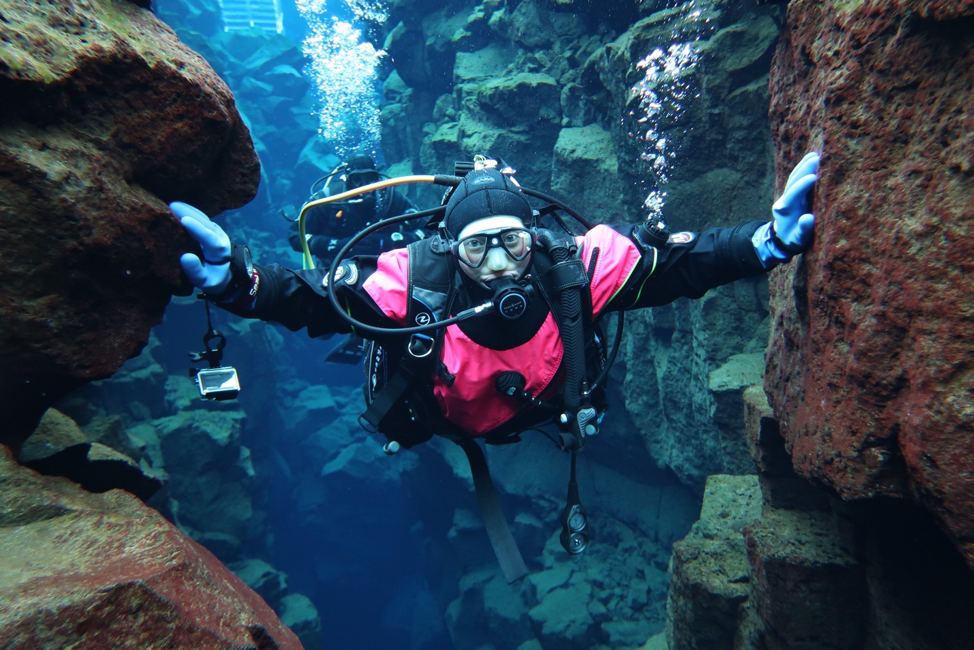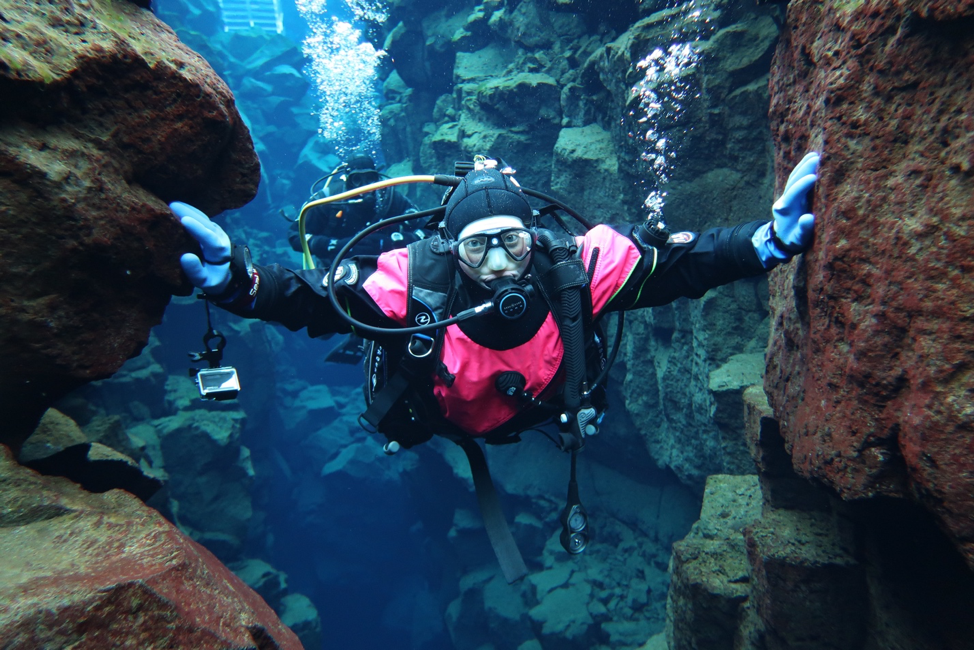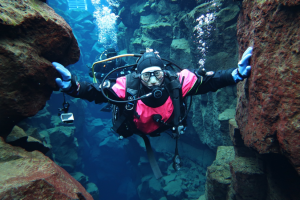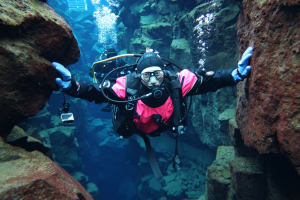Episode 20: Crabby and Stressed Out: Ocean Acidification and the Dungeness Crab
November 15, 2018
One of the many consequences associated with climate change is ocean acidification. This process occurs when high atmospheric carbon dioxide dissolves into the ocean lowering ocean pH. Concern about ocean acidification has increased recently with the majority of scientific publications about ocean acidification being released in the last 5 years. Despite this uptick in attention, much is still unknown about the effects of ocean acidification on marine organisms.
Our guest this week, Hannah Gossner, a second year Master’s student in the Marine Resource Management Program, is investigating the physiological effects of ocean acidification on Dungeness crab (Metacarcinus magister) with the help of advisor Francis Chan. Most folks in Oregon recognize the Dungeness crab as a critter than ends up on their plate. Dungeness crab harvest is a multimillion dollar industry because of its culinary use, but Dungeness crab also play an important role in the ocean ecosystem. Due to their prevalence and life cycle, they are important both as scavengers and as a food source to other animals.
To study the effect of ocean acidification on Dungeness crab, Hannah simulates a variety of ocean conditions in sealed chamber where she can control oxygen and carbon dioxide levels. Then by measuring the respiration of an individual crab she can better understand the organism’s stress response to a range of oxygen and carbon dioxide ratios. Hannah hopes that her work will provide a template for measuring the tolerance of other animals to changes in ocean chemistry. She is also interested in the interplay between science, management, and policy, and plans to share her results with local managers and decision makers.




